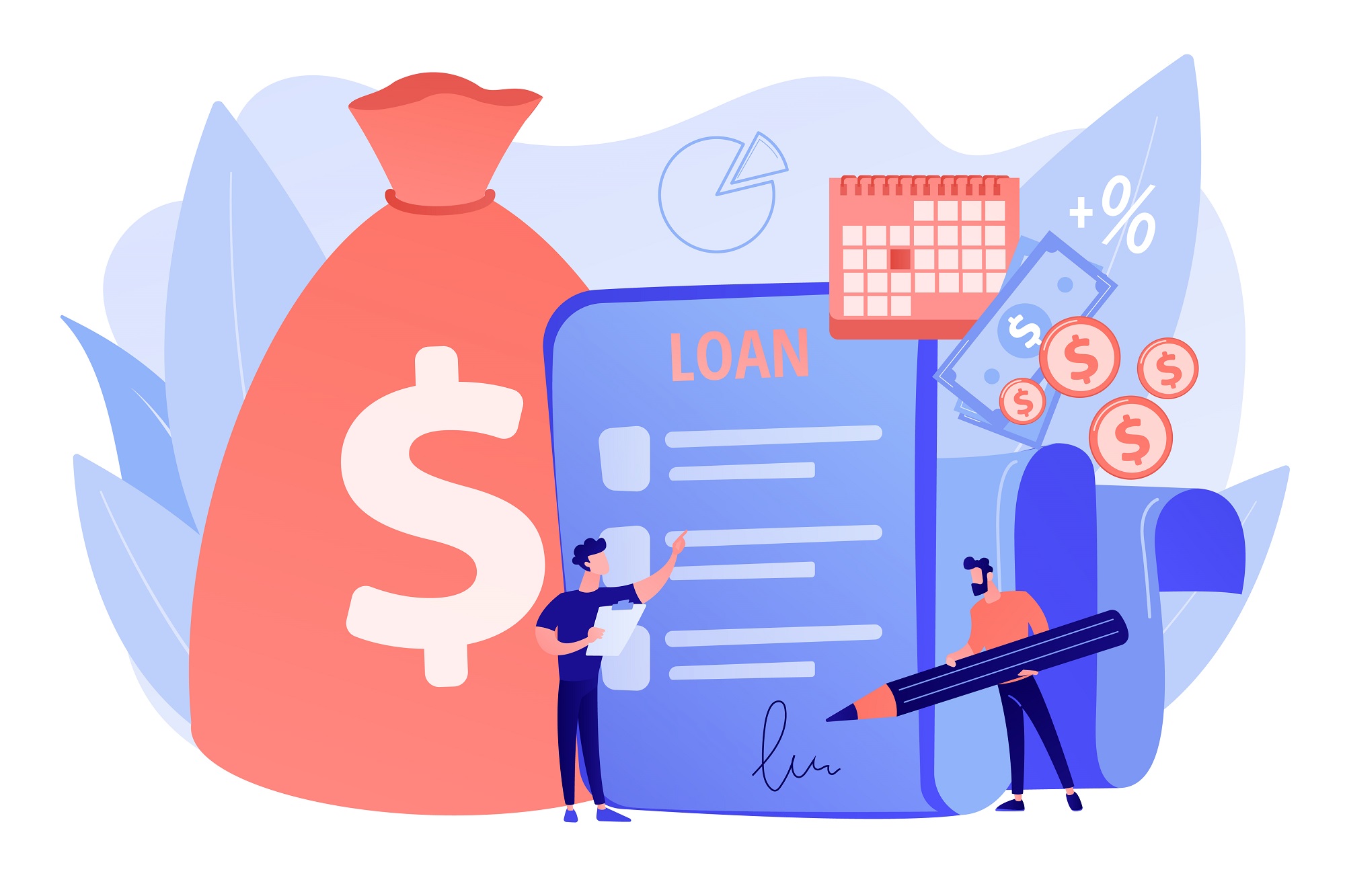When buying a home, you want to secure the lowest interest rate on your home loan. In the last few years, we have seen record-low mortgage rates, but over this last year, rates have significantly risen. How do you combat those higher rates to lock in a lower one? Here are a few factors and tips. Note: Since approval opportunities can vary, connect with a trusted lender for customized advice.
Your Credit Score
Your credit score is one of the most critical factors in securing a low-interest rate. Lenders will use your credit score to determine your creditworthiness and the likelihood that you will repay your loan on time. The higher your credit score, the lower your interest rate will be. If you have a lower credit score, you may still be able to get a home loan, but you may have to pay a higher interest rate. There are a few things you can do to improve your credit score:
- Check your credit report for errors and dispute any that you find
- Pay all of your bills on time, including utility bills and credit card bills
- Keep balances low on your credit cards
- If you have any outstanding debts, pay them off as soon as possible
The Type of Loan You Choose
There are many different types of home loans available, each with its own interest rate. For example, fixed-rate loans have an interest rate that remains the same for the life of the loan, while adjustable-rate loans have an interest rate that can change over time. Some loans, such as VA and FHA loans, are backed by the government and may offer lower interest rates than other types of loans.
When working with your real estate advisor, ensure you find out what’s available in your area and which types of loans you may qualify for.
The Size of Your Down Payment
The size of your down payment can also affect your interest rate. If you make a larger down payment, you may be able to get a lower interest rate. Lenders view borrowers who make larger down payments as being less risky, so they are often willing to offer lower interest rates to these borrowers. The CFPB states:
“In general, a larger down payment means a lower interest rate, because lenders see a lower level of risk when you have more stake in the property. So if you can comfortably put 20 percent or more down, do it—you’ll usually get a lower interest rate.”
The Length of Your Loan Term
The length of your loan term is another factor that can affect your interest rate. Shorter-term loans often have lower interest rates than longer-term loans because they involve less risk for the lender. If you can get a shorter-term loan, you may be able to secure a lower interest rate.
You should also consider how much money you will save in interest over the life of the loan if you choose a shorter term. While the monthly payments on a shorter-term loan may be higher, you will generally pay less interest over the life of the loan than you would on a longer-term loan.
These are just a few factors that can help determine your mortgage rate if you’re buying a home. The best thing you can do is have a team of professionals on your side. Find a real estate agent and loan officer you trust who will help you understand your options and get the best possible rate.
The information provided should not be relied upon as a substitute for financial, home loan, or other professional advice. Please consult your loan professional.


 Facebook
Facebook
 X
X
 Pinterest
Pinterest
 Copy Link
Copy Link


